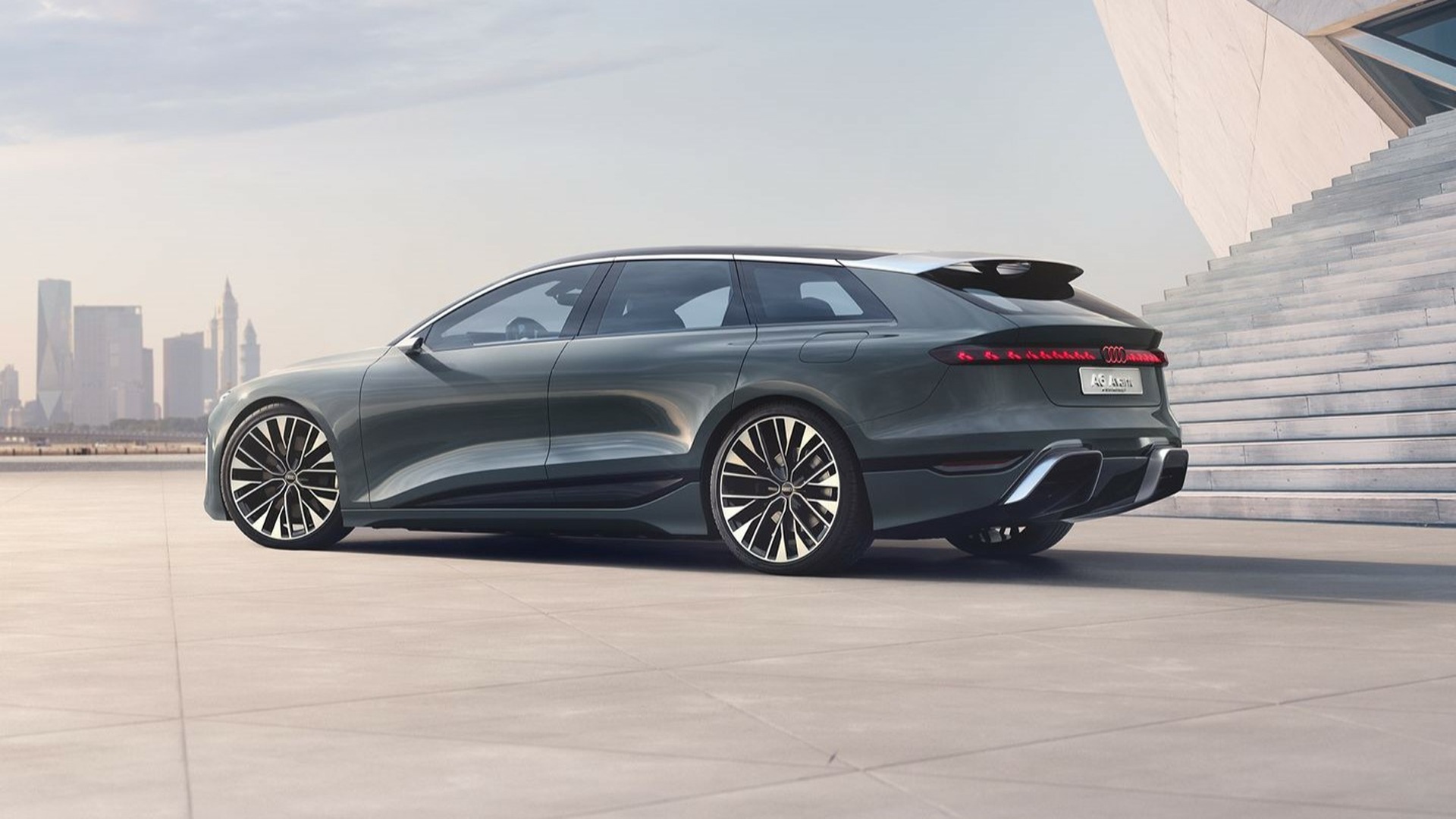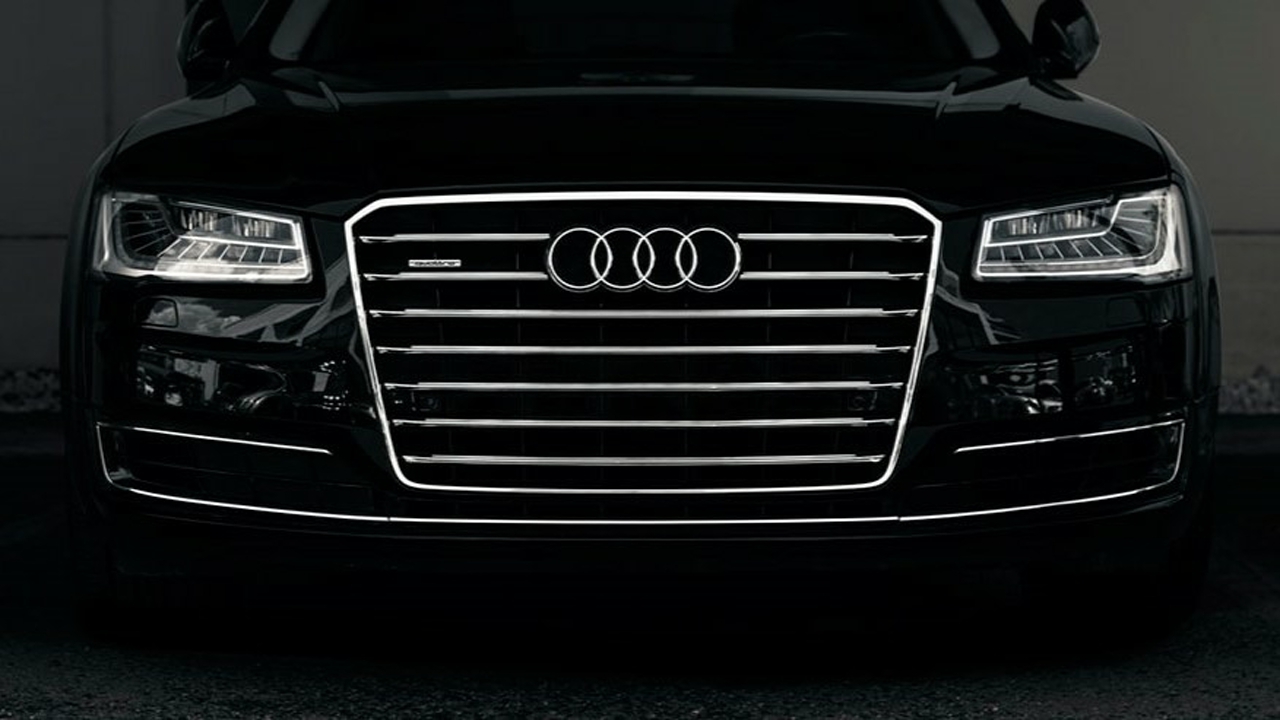Expected to debut around 2025, the new A7 Avant will complement the redesigned A7 Sportback hatchback as part of an expanded A7 lineup. While it remains uncertain if the wagon variant will be available in the U.S., the hatchback will likely hit American shores as a 2026 model. The current A7 Sportback, introduced in the 2019 model year, is primed for a redesign.
The forthcoming A7 Avant will take the reins from the current A6 Avant, which is transitioning to an electric powertrain for its next generation. Prototypes of an electric A6 Avant E-Tron and an A6 E-Tron sedan have already been spotted during testing, hinting at an imminent debut for both models.
A similar electrification strategy is on the cards for the A5 lineup, with a redesigned A5 Sportback and a new A5 Avant set to replace the current A4 Avant. Audi’s nomenclature shift, announced last year, dictates that electric models will bear even-numbered names, while internal combustion engine models will sport odd-numbered names.

As Audi gears up to phase out combustion models in most markets by the decade’s end, investing in a new ICE platform for the next A7 seems unlikely. Instead, an updated version of the MLB platform, dubbed PPC (Premium Platform Combustion), is anticipated for the upcoming A7.
The prototype of the A7 Avant showcases a sleeker and more sculpted design compared to the current A6 Avant, aligning with its anticipated connection to the future A7 Sportback. Notable features include a prominent grille at the front and muscular rear hips that integrate side vents beneath the taillights. Audi seems poised to reintroduce exposed exhaust tips, albeit on one side of the rear fascia in select models.
A yellow warning sticker on the prototypes suggests testing of an electrified powertrain, likely a plug-in hybrid configuration. Enthusiasts can also anticipate a high-performance RS 7 Avant variant with a plug-in hybrid powertrain, slated to succeed the current RS 6 Avant following the recent unveiling of the 2025 RS 6 Avant GT model.

